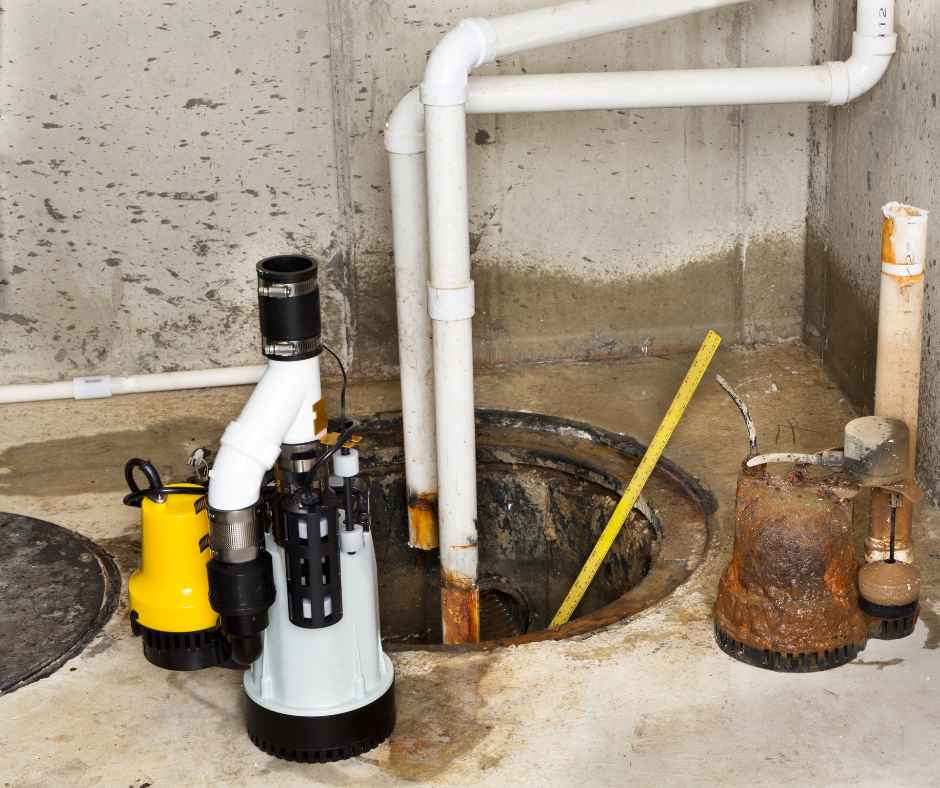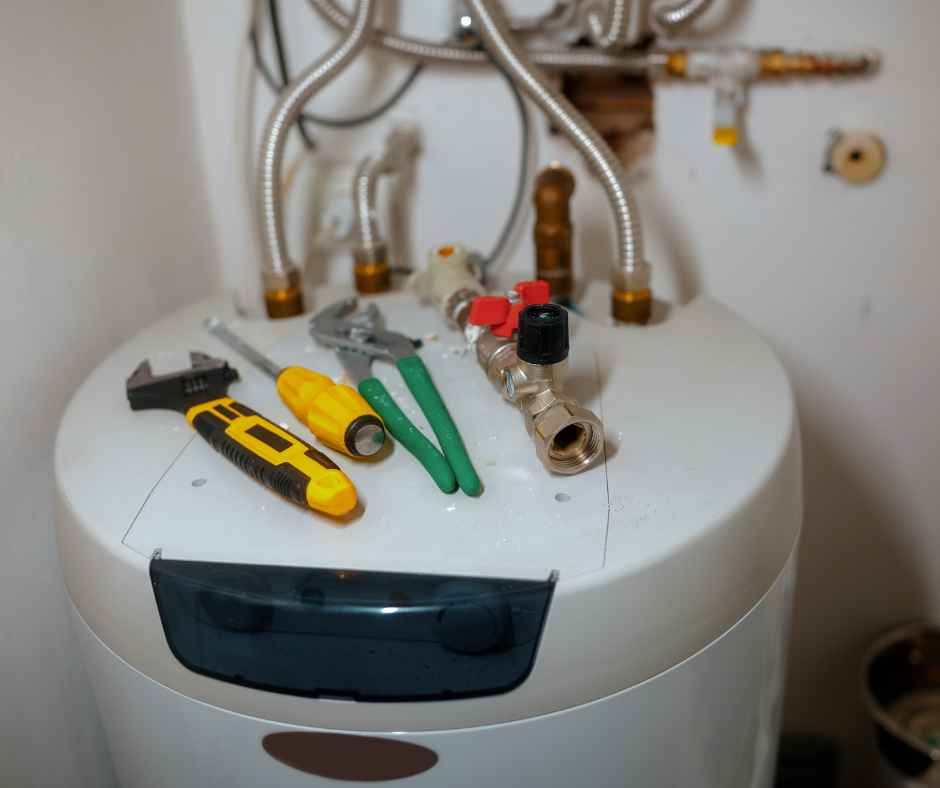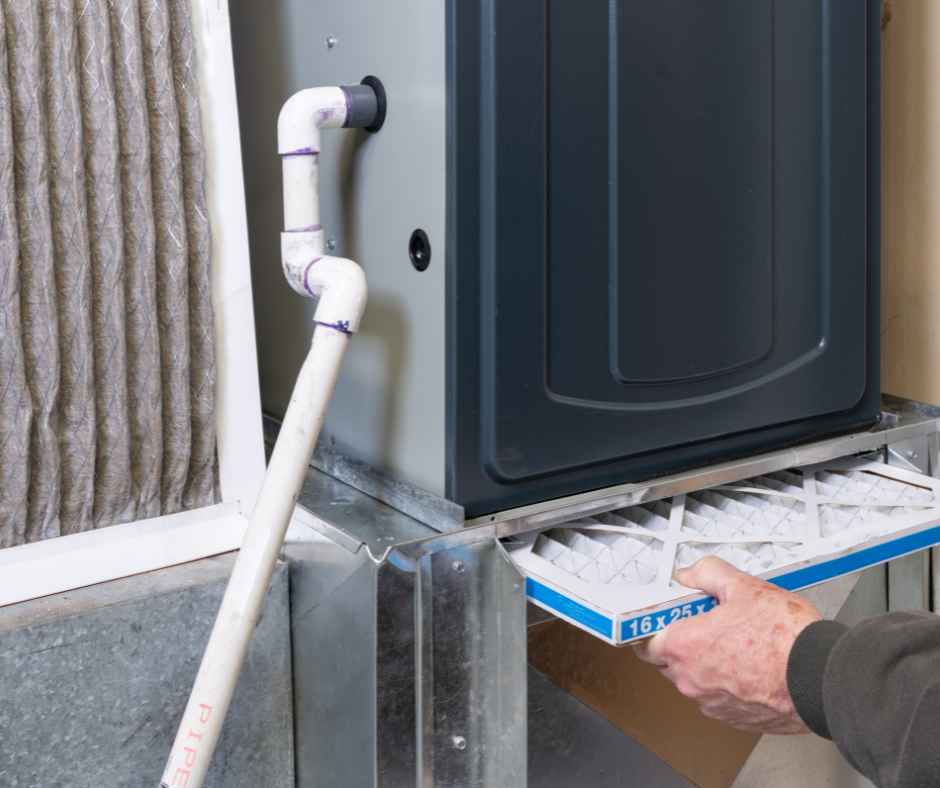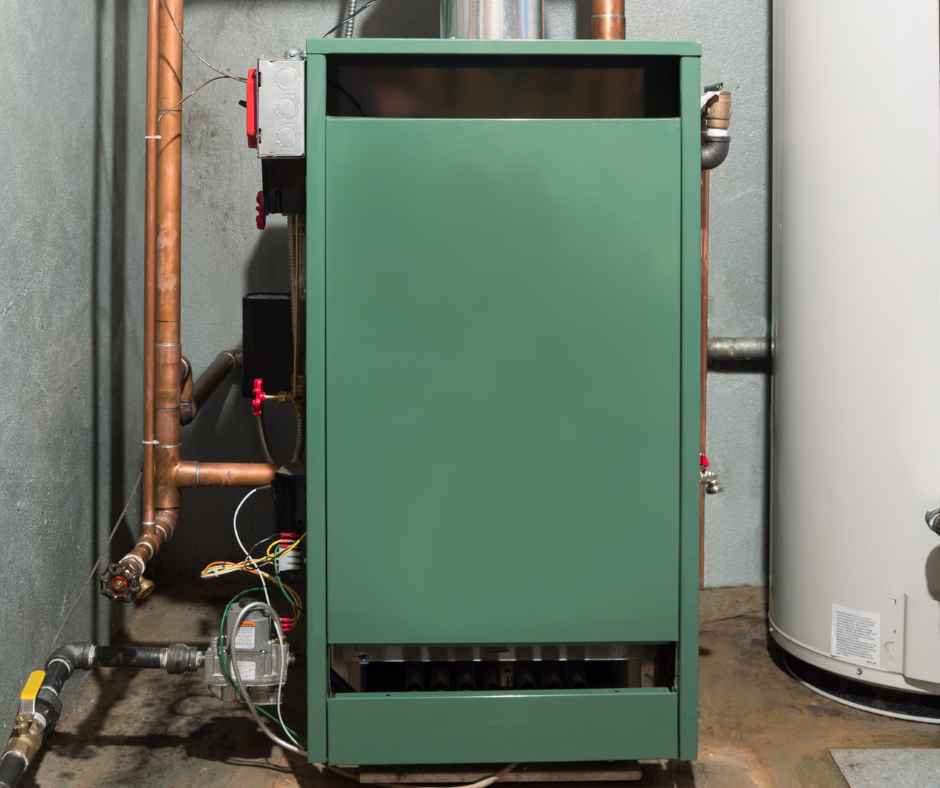0% APR Plus No Payments for 12 Months
on Select New Plumbing & HVAC Systems
What Not to Put Down the Garbage Disposal
As the holiday season approaches, the excitement and anticipation in the air are palpable. From festive decorations to mouthwatering feasts, every household is buzzing with joy and laughter. However, amidst all the merriment, there lies a hidden danger that could turn your holiday season into a plumbing nightmare. Yes, you’ve guessed it right – your trusty garbage disposal! While it may seem like a convenient solution to get rid of unwanted food waste, there are certain things you should never, I repeat, never put down your garbage disposal.
Staton Heating, Cooling & Plumbing will be sharing which foods you should always keep away from your garbage disposal, ensuring that your pipes remain unclogged and your holiday season stays merry and bright. Keep reading to avoid any plumbing nightmares this holiday season!
What to Avoid Putting Down the Garbage Disposal this Holiday Season
As the holiday season brings joy and festivities, it’s essential to be mindful of what goes down your garbage disposal to prevent any unwanted plumbing issues. Here’s a guide on what to avoid putting down the garbage disposal during this celebratory time:
- Fats and Grease: Holiday cooking often involves rich and fatty foods. Avoid pouring grease or fats down the disposal, as they can solidify and lead to clogs.
- Bones: Whether it’s from a holiday roast or turkey, avoid putting bones down the disposal. They can damage the blades and lead to blockages.
- Stringy Vegetables: Fibrous vegetables like celery and asparagus can wrap around the disposal blades, causing clogs.
- Potato Peels: With mashed potatoes on the menu, be cautious with potato peels. Starchy substances can create a paste-like consistency and contribute to clogs.
- Eggshells: While it’s a common misconception that eggshells can sharpen disposal blades, the membrane can wrap around and contribute to clogs.
- Coffee Grounds: The abundance of holiday coffee can lead to an excess of grounds. While small amounts are generally okay, large quantities can accumulate and cause issues.
- Fruit Pits and Seeds: Discard pits and seeds from fruits like avocados, peaches, and cherries in the trash, as they can damage the disposal.
This holiday season, enjoy the festivities while also being mindful of what goes down your garbage disposal. Remember to run cold water while using the disposal and continue running it for a few seconds after grinding to help flush away debris. By following these tips, you can ensure a smooth and clog-free celebration in your kitchen.
How to Know if Your Garbage Disposal is Clogged
Detecting a clogged garbage disposal is crucial for preventing potential damage and ensuring the continued functionality of your kitchen appliance. Here are common signs that your garbage disposal might be clogged:
- Slow Draining: If water is draining slowly from the sink, it could indicate a partial clog in the disposal or the connected plumbing.
- Unpleasant Odors: A lingering foul smell emanating from the disposal or sink suggests that food particles are trapped and decaying, indicating a potential clog.
- Gurgling Noises: Unusual gurgling or bubbling sounds when the disposal is running could be a sign of trapped air due to a blockage.
- Standing Water: Water remaining in the sink even after the disposal has been turned off and the drain has had time to clear indicates a blockage.
- Disposal Jams Frequently: If the disposal frequently jams and requires resetting, it might be struggling with a persistent clog.
- Excessive Vibrations or Noises: Unusual vibrations or louder-than-usual grinding or clanking noises during operation can signal a foreign object or debris causing issues.
- Backflow into Dishwasher: Water backing up into the dishwasher when the disposal is running indicates a potential clog in the drain line.
- Visible Blockage: If you can see food particles or debris when looking into the disposal, it’s a clear sign that there’s a blockage.
If you notice any of these signs, it’s essential to address the clog promptly to prevent further damage to the disposal or plumbing. Always remember to turn off the power to the disposal before attempting any troubleshooting or maintenance. If you’re unsure about how to handle the issue, it’s advisable to consult a professional plumber to avoid causing additional damage to your garbage disposal. Regular maintenance and avoiding putting inappropriate items down the disposal can help prevent clogs in the first place.
Drain Cleaning Services in Central Maryland
When clogs disrupt your kitchen flow, trust Staton Heating, Cooling & Plumbing in Central Maryland. Our expert drain cleaning services ensure a smooth, worry-free home. Contact us for swift solutions and keep your plumbing in top shape.








